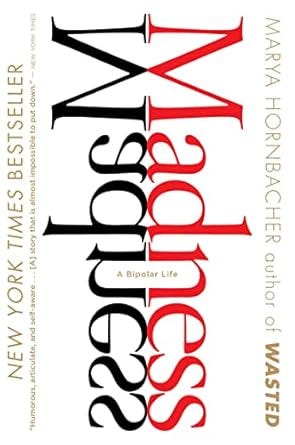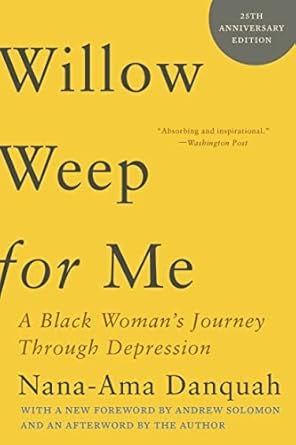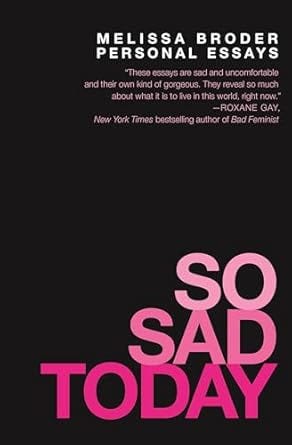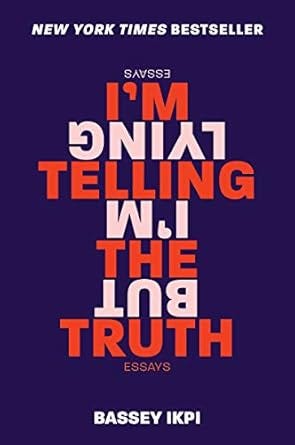If you’re new here, Story Work is the name of my current book-in-progress. It describes a process of reflecting, reclaiming, and reimagining the stories of our lives. It involves looking at your life experiences as creative material that you have the power to shape.
The weekly story work topics cover universal life themes with references from literature, philosophy, science, and spirituality; offering perspectives that spark ideas for personal growth and creative expression.
Paid subscribers receive Story Work exercises every Sunday night at 8 pm et.
This week’s story work exercise is open to all subscribers.

The first memoir I read about someone living with schizophrenia was The Center Cannot Hold: My Journey Through Madness by Dr. Elyn Saks, a law professor at USC. Growing up, I didn’t have a name for my mother’s condition, but I knew that voices and hallucinations haunted her. I knew she had delusions about secret organizations conspiring against her and episodes where she believed that I was part of those conspiracies.
When she was diagnosed during my freshman year of college, I finally had a name for what tormented her. Still, I only knew what it was like to watch her and be her daughter. I had no idea what it was like to exist in her altered reality.
I wanted to know what she went through. When did it start? How does it feel? Is she scared? Does she remember who she was before?
By the time I read The Center Cannot Hold, I’d learned about the statistics, risk factors, and symptoms associated with schizophrenia. But the facts didn’t give me the deeper understanding that I craved.
I never got to hear my mother’s lived experience from her perspective.
She was diagnosed late and never accepted treatment, so she didn’t separate her delusions from reality, and she wasn't a reliable narrator. There was no asking her questions about the disorder. When I did, it only triggered her suspicion and resulted in a bad day for me.
Reading Dr. Saks’ story gave me some insight into the lived experience of someone going through their first hallucination, their first episodes of psychosis. While everyone experiences it differently, reading her story made me feel like I could more properly witness my mom and imagine what it was like for her.
But Dr. Saks’ experience was so different from my mom's. For the author, early signs started showing up when she was an undergraduate student, and she was eventually diagnosed at the age of 28. She went through a difficult journey discovering what was happening and navigating the healthcare system, but she is living a full, high-functioning life with the disorder. She had the support of her family all along the way.
My mom's condition was an unnamed secret for who knows how long before she was diagnosed at 50. She refused treatment, eventually became estranged from her family, and we will never know how early intervention could have changed the trajectory of her life.




Reading Saks’ Survivor story started me on a journey of reading more books about mental illness like I’m Telling the Truth but I’m Lying by Bassey Ikpi, So Sad Today by Melissa Broder, Madness: A Bipolar Life by Marya Hornbacher, Willow Weep for Me: A Black Woman's Journey Through Depression by Nana-Ama Danquah, and more. With each one, I felt more seen, empowered, and less alone.
That is the hallmark of the Survivor story, to share a personal journey or struggle you've been through to pass on hope, wisdom, or caution.
Last week we talked about the Self-Healer archetype which is motivated by self-discovery. The Self-Healer is writing for themselves— to heal, learn, and grow. They may never have the urge or desire to share any of it.
But the Survivor storyteller is motivated to take those discoveries and share them as an offering to others who are seeking hope and understanding.
As a reminder, the eight storyteller types that we are breaking down in this series are the Self-Healer, Survivor, Gamechanger, Teacher, Observer, Scribe, Explorer, and Entertainer. Each one offers insights about our motivations for writing and how they inform what and how we write. There is not just one type for each person. As we go through each one, keep an open mind and reflect on which aspects resonate with you.
By centering the Self-Healer as the foundation for all the other storyteller archetypes, you are ensuring that your stories start with a search for meaning and truth.
It takes courage to share your survivor story, revealing your most vulnerable bits and pieces, risking judgment, criticism, and rejection.
But it helps you find your voice and integrate your difficult experiences into the forefront of who you are so they are no longer holding you back, dimming your light.
In that growth zone between shame and sharing, in that creative space where we give language to our burdens, survivors reckon with the peaks and valleys and make an offering to the world, sharing as a modality for personal and collective healing.
Sharing a survivor story eases isolation, turns ups and downs into learning moments that can support others on their journey, and normalizes honest conversations about the human condition.
A Survivor should only share for reasons that they are clear about, when they are ready, and when they have support. By understanding the motivation behind the calling, you are affirming your Why, and giving yourself a firm foundation to stand on when fear and doubt creep in.
The following exercise will guide you through three prompts you can use as a pre-writing exercise for a survivor story.
…
Exercise
There is a public narrative model by a Harvard professor named Marshall Ganz I have used with corporate and non-profit clients that are highlighting a cause, raising awareness, and inspiring action through storytelling. The framework emphasizes how our personal stories connect with our communities and the times we are living in. The following exercise is inspired by that framework.
Think about a personal journey or struggle you've been through or are going through.
Story of Self. Write the raw details of your survivor story. What have you overcome? What people and resources have helped you along the way? What external factors have impacted your journey? What values have you relied on?
Story of Us. What values, challenges, hopes, and dreams do you share with a certain community based on what you’ve overcome? What do you want to say to them? What hope do you want to offer them? What can you share to help them feel seen?
Story of Now. What is at stake if we don’t collectively face this challenge together? What is your vision of impactful action? What resources are available to us? How can we help each other? How can we make a difference for future generations?




gg! what a special prompt. I recognize I can write my story and even still there is some lingering wound that will need a little more time to heal <3 also, a note on our work together this year - was reading through creative courage work - its been beautiful to nourish my voice with the creative courage prompts <3 looking forward to this next year with all of us survivors with creative courage just being out here feeling support with in our writing groups and beyond <3 thank you, thank you <3 my heart feels good going through this writing exercise. blessings on blessings.